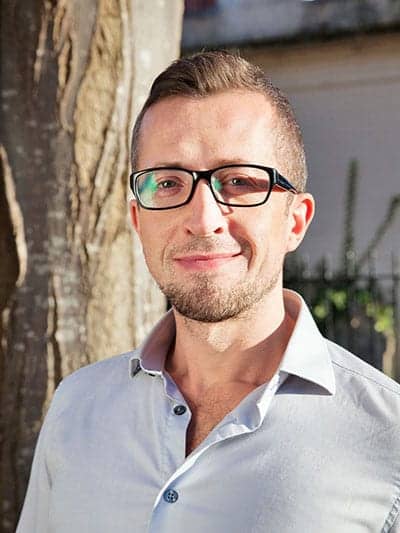Coming out about mental health
Sometimes mental health issues can be more obvious. Sometimes they can be very hidden. To mark this year’s Mental Health Awareness Week, Second Step’s Senior Operation Manager, Michael Pearson writes about his personal experiences of mental health problems which were directly linked with his sexuality.

Imagine being in a society where you feel unseen. Imagine being in a society where you feel like an alien. Something different. Feeling like you do not belong anywhere. Imagine looking at your family, loving them, but knowing you are hiding from them. Imagine being a child and thinking this for years and years. Now, try to imagine the impact that could have on your mental health? Difficult isn’t it? But you sense the impact don’t you?
I don’t want to speak for everyone in the LGBT+ community (I recognise experiences can be like chalk and cheese), but over the years I have gathered an understanding that a lot of people from this group share a similar feeling of being different, not belonging and being forced inward because of societal norms. I remember an advert on TV I saw when I was about 16 for a well known package holiday company and at the bottom of the screen beside a little asterisk was written “no same sex couples”. I was angry. So, so angry. I raged inside. And then I cried…inside. I wasn’t out. I was still hidden. I smiled and agreed with those around me, because I wanted to stay hidden. And inside me these emotions rotted something inside.
The years of suppression resulted in depression. I developed group anxiety and feared exposure. I was terrified that people would find out I was gay. I cried on my own because no one could know what I was. I didn’t want to change in people’s eyes and wanted to be able to have a wife and family. But I couldn’t. My future had vanished.
Fortunately for me my closest, dearest friend came out to me a couple of years later and at once one of the most important people in my life could help. Having that one person there to hold me, physically and emotionally, changed everything. From there everything began to change. I came out to my closest friends with encouragement, to my family and gradually to others. It was not an easy process though; my anxiety was crippling at times and turned into intense blushing and panic attacks, but as I took control of this and stopped hiding, as I slowly owned my sexuality as something to be truly proud of, my anxiety began to alleviate and I stopped having panic attacks.
Some of my family members rejected me, and that caused immense pain. They hated me for being gay, but this is an experience that the LGBT+ community experience all the time; we must never normalise this. My closest family members, however, loved every little ounce of me and this utter acceptance of me eventually overshadowed the negative experiences. Life eventually became easier. My sexuality eventually become important to me. And one day I realised I now love telling people. Now my anxiety, and group anxiety, is very nominal. It is always there and I truly believe it will never go, but I love my anxiety and hold it close like a friend. It is part of me and loving it instead of fighting it is far easier. When I get anxious I do not get annoyed, but I smile with how far I have come.
Thankfully society has become so much more accepting of the LGBT+ community and I believe gradually the mental health issues associated with that group will begin to subside. But we are not there yet. So as you read this I hope it has given you insight into what it might be like to be part of a group that is rejected, marginalised and hidden. It is not easy. It affects us in many ways. It forms us. But it makes us strong.
Let’s all help each other, during Mental Health Awareness Week and beyond. It’s time.
